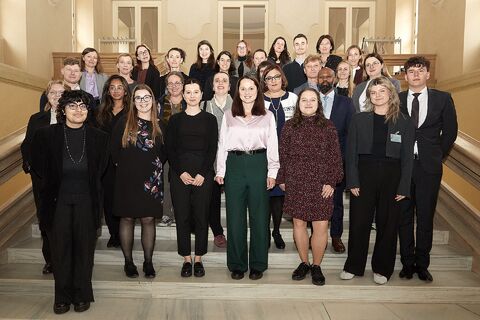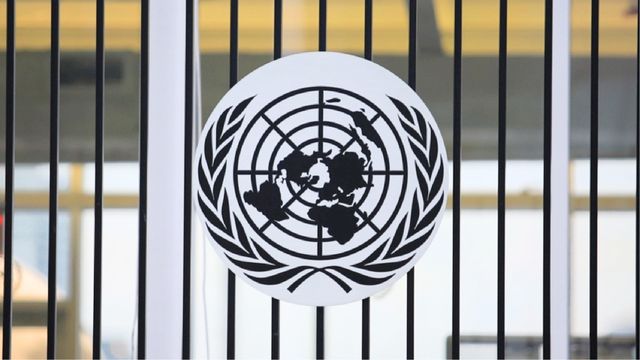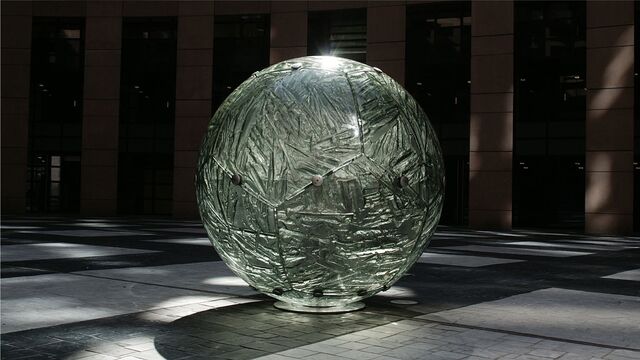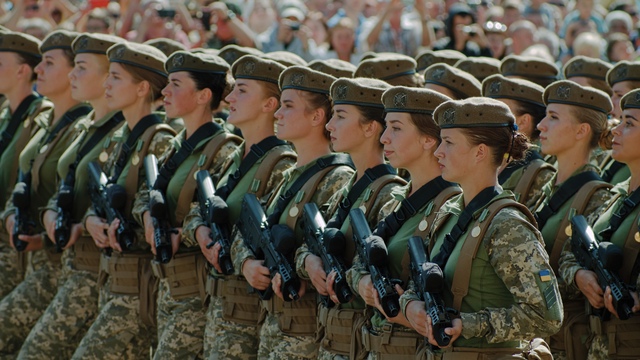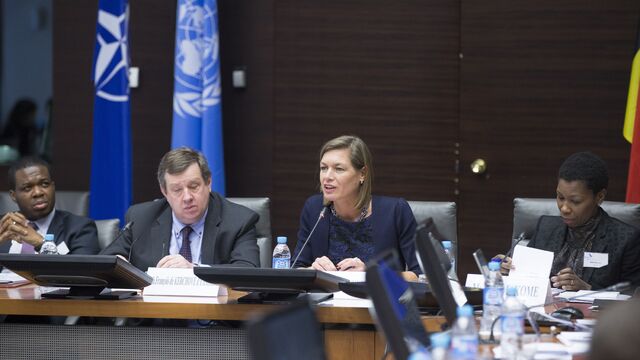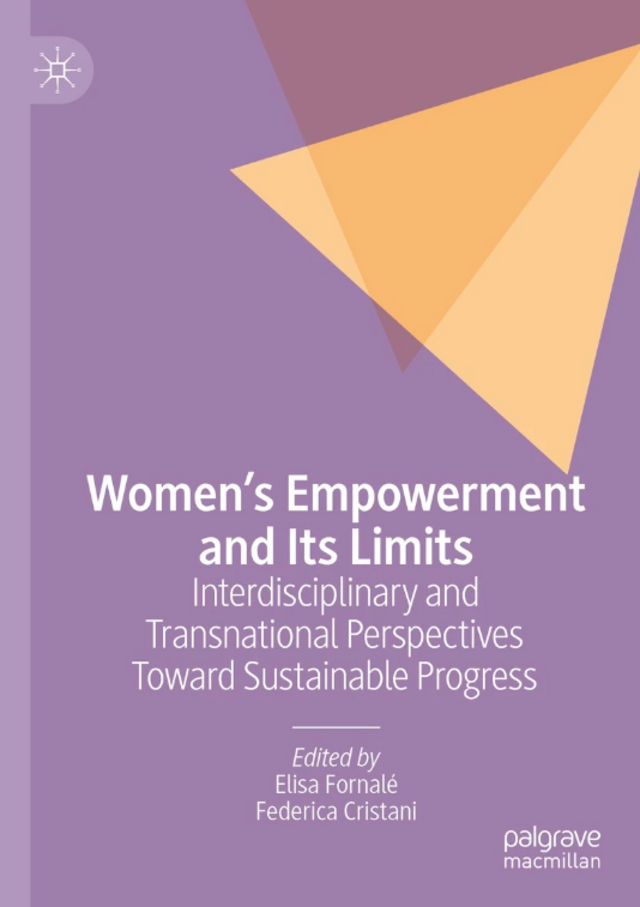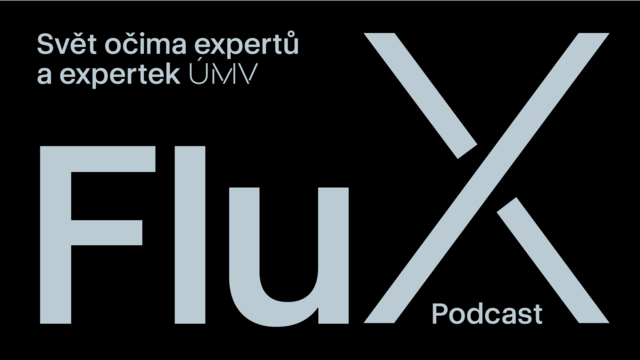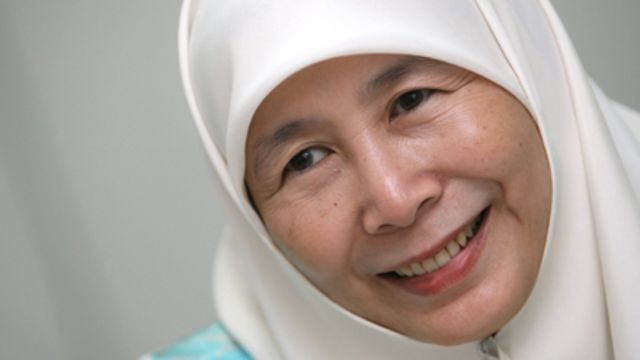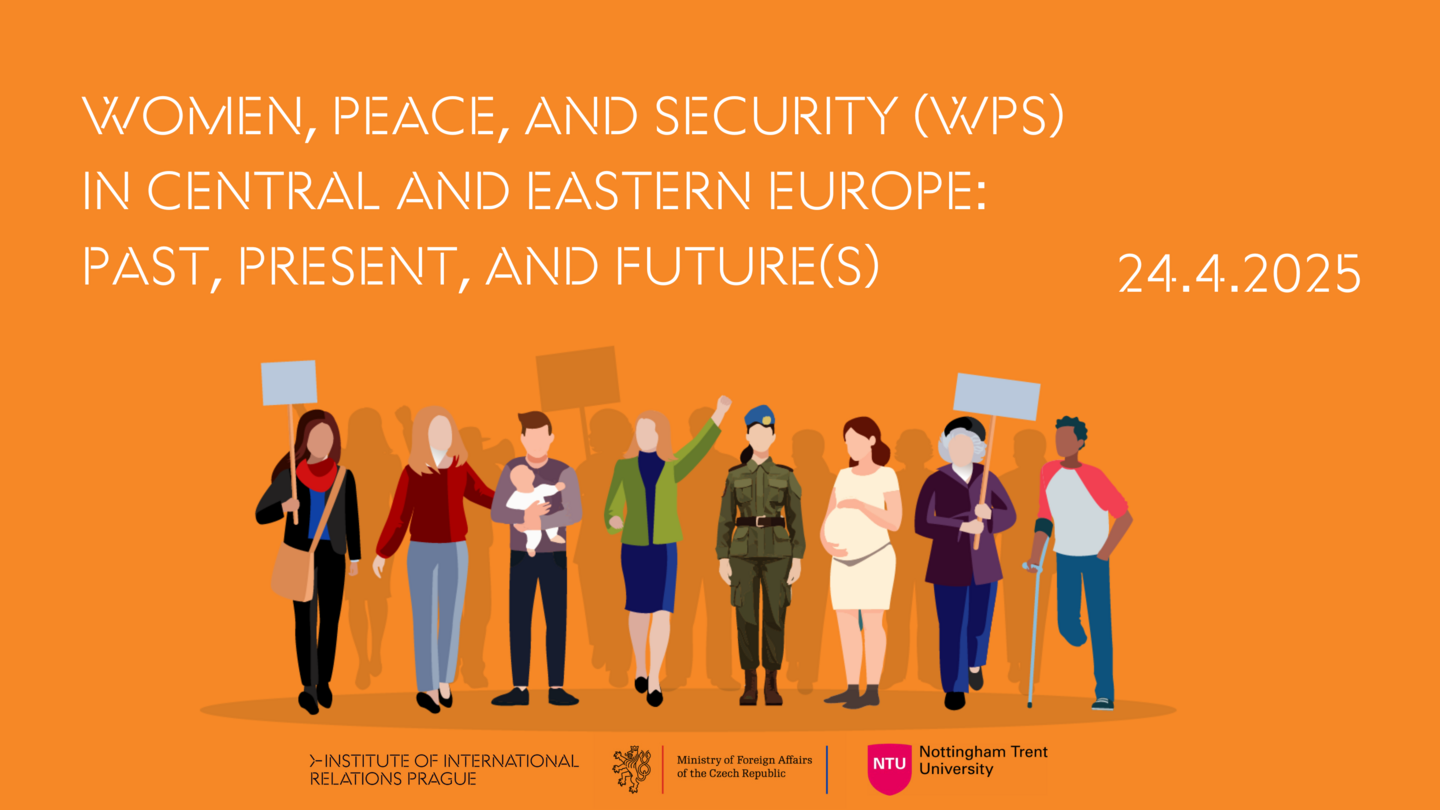
Women, Peace and Security in Central and Eastern Europe: Past, Present, and Future(s)
On April 24th, an invite-only conference titled Women, Peace and Security in Central and Eastern Europe: Past, Present, and Future(s) was held in cooperation with Nottingham Trent University and the Ministry of Foreign Affairs of the Czech Republic.
24. 4. 2025 (9:30)
Jazyk: English Czernin Palace, Ministry of Foreign Affairs of Czech Republic, Loretánske Nám. 5, Prague
As we approach the 25th anniversary of UN Security Council Resolution 1325, it is vital to reflect on the progress made in Women, Peace, and Security (WPS) implementation in Central and Eastern Europe (CEE). The region represents a distinctive case in WPS implementation due to its historical transformations, post-socialist transitions, geopolitical challenges, and the ongoing Russian war against Ukraine, which has further reshaped the regional security landscape.
Despite the adoption of National Action Plans (NAPs) across CEE, gaps remain in their implementation, monitoring, and localisation efforts.
The conference aimed to critically examine lessons learnt, highlight best practices, and explore future pathways for WPS in the region, including feminist foreign policy, gender-responsive approaches to climate and security governance, and post-conflict reconstruction. This one-day conference convened policymakers, academics, and civil society representatives from the region and beyond to discuss these issues.
Den 1 24. 4. 2025
Welcome & Opening Remarks
Lessons Learnt: WPS Implementation in Central and Eastern Europe
This panel provided a stocktaking exercise, reflecting on the successes, challenges, and gaps in implementing the WPS agenda in CEE. It will address the role of state institutions, civil society, and international actors, highlighting specific country experiences.
Assessing Impact: Monitoring and Evaluating WPS National Action Plans
This panel focused on how WPS NAPs are monitored, evaluated, and implemented in practice. It will explore accountability mechanisms and challenges in data collection.
What’s Next for CEE’s WPS?
This panel looked ahead at the future of WPS implementation in CEE, focusing on localisation, climate security, feminist foreign policy, justice, and recovery efforts.
Spoluorganizátoři
The conference was organised by the Ministry of Foreign Affairs of the Czech Republic, Nottingham Trent University and the Institute of International Relations Prague.
